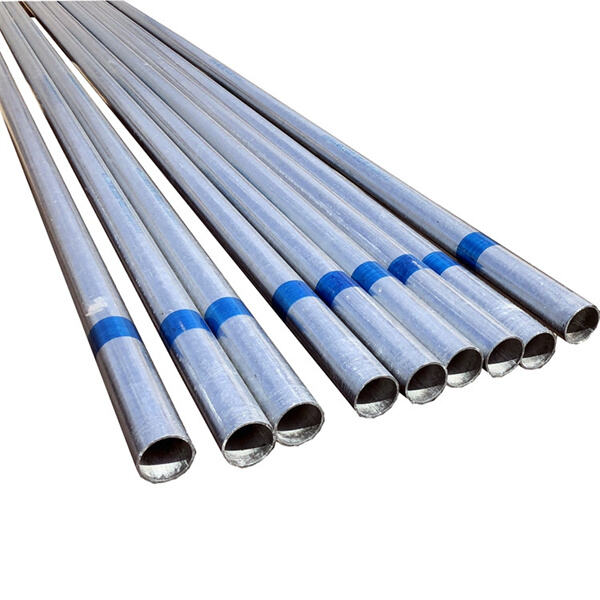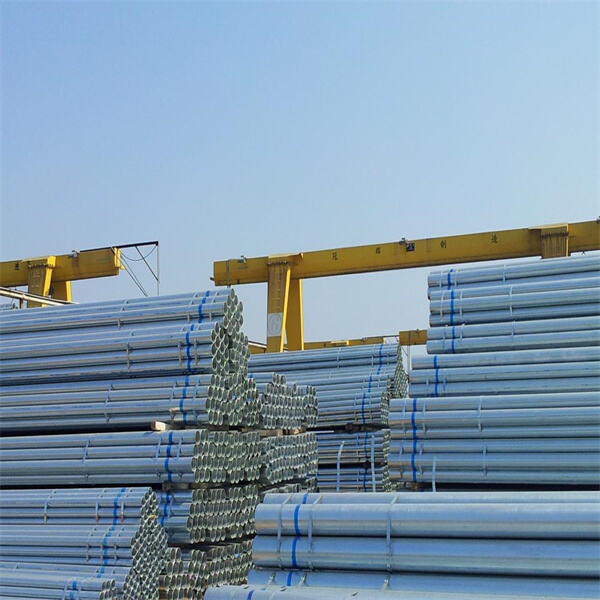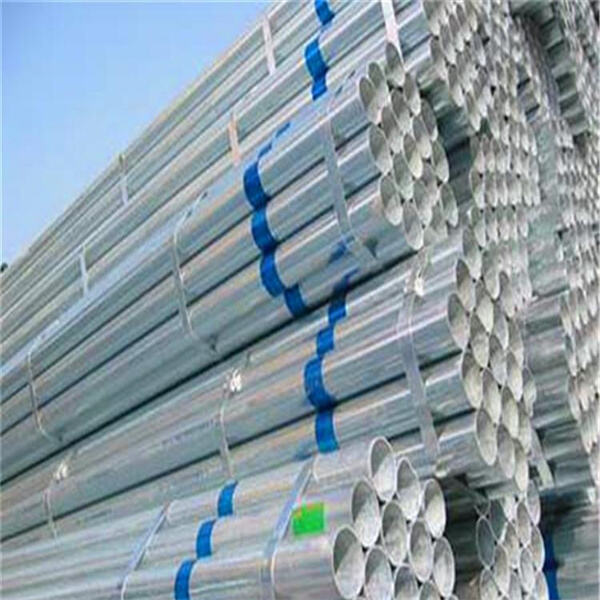Metalene buise wat as spesiale waterbuise binne huise gebruik word. Hulle is 'n essensiële komponent omdat hulle water voorsien vir drink, kook of skoonmaak (waterleidingstelsels)%28pipefitting%29 Dus jy installeer waterleiding? Tipes buise wat geskik is vir die taak Weerstand biedende en duur - Staalbuis is 'n uitstekende keuse om 'n aantal redes, want dit kan lank standhoud without vervanging.
In 'n plombergstelsel word metale buise meer algemeen gebruik. Jy sien, metale buise is taai soos nagte en kan baie druk verdrags voordat hulle breek. Bouwaterbuise, perfek om water in geboue te beweeg. Tussen tyd duur metale buise lank sonder om te breek of te vou. Aangesien metaal ongevoelig is vir hitte en ook nie so vinnig roes as plastiekbuise nie, kan hierdie buise meer warmte dra, wat jy misschien opgemerk het dat dit vinnig versleur in jou plaaslike bouwinkel. Water sal in staalbuise voortgaan om te vloei, wat beteken dat dit jare kan wees voordat hulle probleme ervaar.

Buissanering word ook getoon as minder kostbaar geheel, aangesien dit fonds oor tyd bespaar deur jou nie om te betaal vir onderhoudsoorgeawwe soos baie staalpype ja, hierdie staalbuise kan vooraf duurder wees op 'n per-pond basis as plastiek of ander kantelverwyse leveringsbuistipes, maar hulle is tipies minder kostbaar oor die lewe van 'n hele buislyn. Dit het te doen met die feit dat metaalbuise langer wyd en dus minder vervanging/herstelkoste. Behalwe daardie, sal die metaalbuise minder waarskynlik lek hê, wat jou kan help om moontlike skade aan jou geboue vir 'n betekenisvol lagere bedrag te vermy. Eigenaars van huise moet beskaafd wees in hul watergebruik en metaalbuise kan jou help om op jou waterrekening te spaar.

Metale buise — of noukeuriger gesê, die verskeidenheid produkte waarin metale buise 'n rol speel — word vir 'n ongelooflik wye verskeidenheid van doeleindes in verskillende plekke en situasies gebruik, wat varieer van residentiële plomberg tot industriële afval. Byvoorbeeld, roestvrystaaibuipe is weervast en dus die beste keuse vir sowel buite- as vochtige omgewings. Koper: Koper is 'n ander materiaal wat ons baie sien in stelsel-flushkleppen, en hoewel dit minder weeg as bras-buise (wat hulle makliker maak om te installeer), is die lae wrijwingskoëffisiënt van koper jammer genoeg 'n nadeel in vergelyking met ander bogenoemde materialen, maar andersins is hulle groot vir binne-plombergtoepassings. Metale buise word vir 'n verskeidenheid doeleindes gebruik, en hierdie dae is dit hoogst aanpasbaar. In elke toepassingsgebied behou metale buise sterke prestasie.

Die metalen buis in die waterleidingstelsels moet hoë kwaliteit wees, aangesien dit warm water kan verdrags. Daarvan gesproke, sekere metale kan roest of versleten as hulle aan warm water word blootgestel en dit kan lei tot lekkasies wat die waterleiding 'n ware hemel van probleme maak. Koper \/ brons of roestvry staal gethreadde buise moet gebruik word vir warmwater-waterleiding. Sommige van hierdie sal goed teen roes weerstaan (aluminium, roestvry staal en brons is almal goeie vir waterverhittergebruik), maar dié wat onder druk onreaktief bly teen warm water sonder korrosie of roes. Die keuse van die regte metaal vir warm water sal jou veilig hou en verseker dat jou buise hul werk doen.